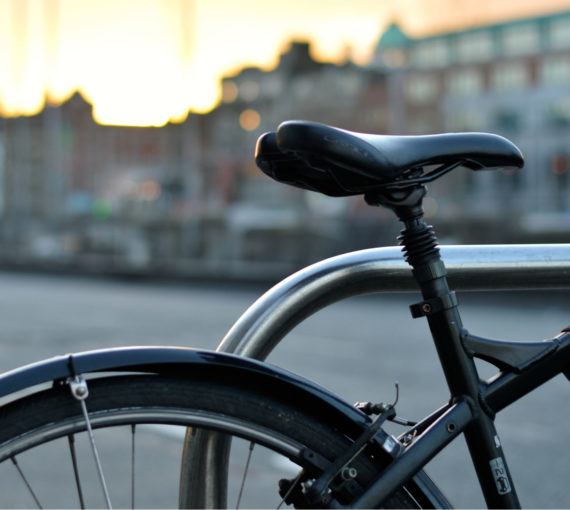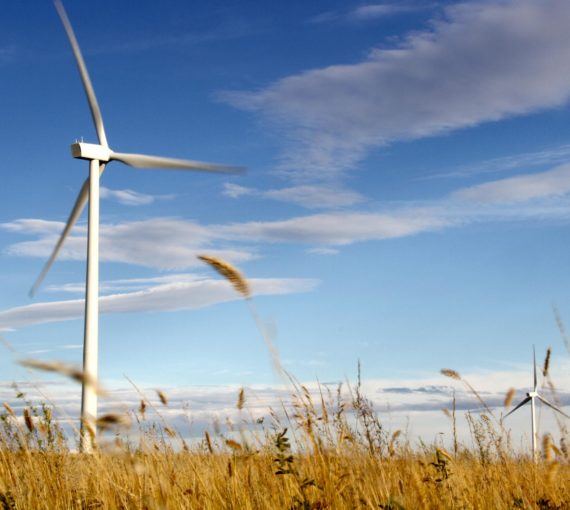He then adds, “Nor should we forget that most beneficent of all the period’s machines, whose contribution to human emancipation was immediately recognized, namely the modest bicycle.”
I’d argue these benefits of the two-wheeler continue to this day.
Its modesty means it’s a forgiving technology. If we build a network of separated cycle tracks then discover we’ve put them in the wrong place, we can, with relative ease, relocate them. We can paint over the road markings and move the barriers to another street. If as a society we someday decide we don’t want to ride bikes anymore, we can retire them, without a legacy of lethal pollution.
This contrasts sharply with unforgiving technologies such as gas-powered automobiles and nuclear reactors. Once we embrace the latter, once we go down the path they set for us, it’s difficult to turn back. If we gave up cars tomorrow, much of their harm would remain. We can’t easily remove their contribution to climate change nor turn back to agriculture or forest the lands made into parking lots.
In the past, humanity hailed technologies that were grand, spectacular. Think of the space program. Today, we need things like vinegar, baking soda and pedal power.
Cycling emancipates us in a variety of ways.
It takes us outdoors and releases us from screens and chairs. It relieves us of automobiles’ life-burdening complexity, responsibility and expense. Sitting in a car stalled in traffic, surrounded by rising exhaust fumes, we feel complicit in the planet’s warming and desecration. The bicycle helps free us from that nefarious project.
In days past, it liberated us with respect to time. It offered a vast increase over the speed attained by walking. It does that still. But in the 21st century it also liberates us with respect to space. The bicycle’s small size, relative to the car, makes it ideal in densely populated cities where room is at a premium.
The bike might also liberate local politics. By offering an issue all councillors can embrace, cycling infrastructure could help dissolve hyperpartisanship.
Right-wingers could endorse its contribution to energy independence — freedom from fuel imports — and laud its cost-effectiveness.
The left might cite its contribution to air quality and climate change mitigation and its provision of mobility for low-income residents. All could agree that, by offering an alternative to the private vehicle, it fights congestion.
In the last century, bicycles emancipated us from the limitations of our feet. Today, they provide freedom on a greater scale. They help liberate us from the fossil-fuel system which — in its incessant drive to find, extract, refine and transport oil — enslaves the Earth.
This op-ed was originally published in the Star.




